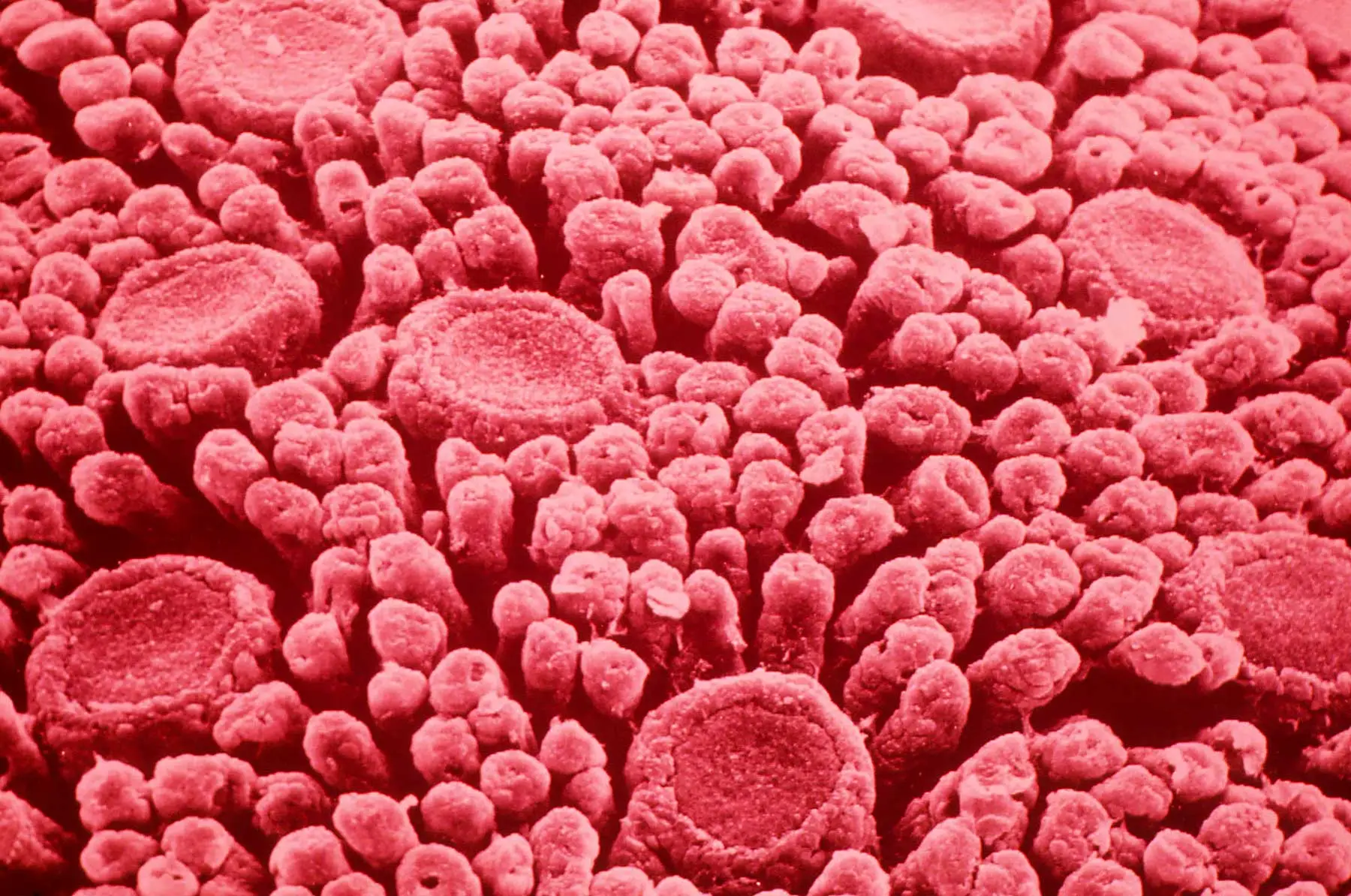The five basic tastes may be more complex than scientists thought.
New research suggests tongues may have an additional sense of taste for water. The discovery might explain why animals can distinguish water from other liquids in the wild.
Previously, scientists believed the tongue had specific taste buds for salty, sour, sweet, bitter, and umami flavors. But the findings published Tuesday in Nature Neuroscience suggest one more exists.
Neuroscientists from California Institute of Technology in Pasadena made the discovery during an experiment designed to settle a debate if water inherently had a taste or not, Science Magazine reports.
Using a more scientific version of guess-and-check, the researchers pinpointed acid-sensing taste receptor cells (TRCs) in mice that thought they sensed water. Then, they triggered these TRCs using a technique called optogenetics, which using photosensitive proteins to artificially activate those cells with light.
Once the mice received the optogenetic treatment, their brains couldn’t tell the difference between their old water and the beam of light that replaced it. In fact, some thirsty mice licked the light as many as 2,000 times every ten minutes.
Researchers say their findings suggest the TRCs sense water but don’t send signals to stop drinking.
This article was featured in the InsideHook newsletter. Sign up now.
